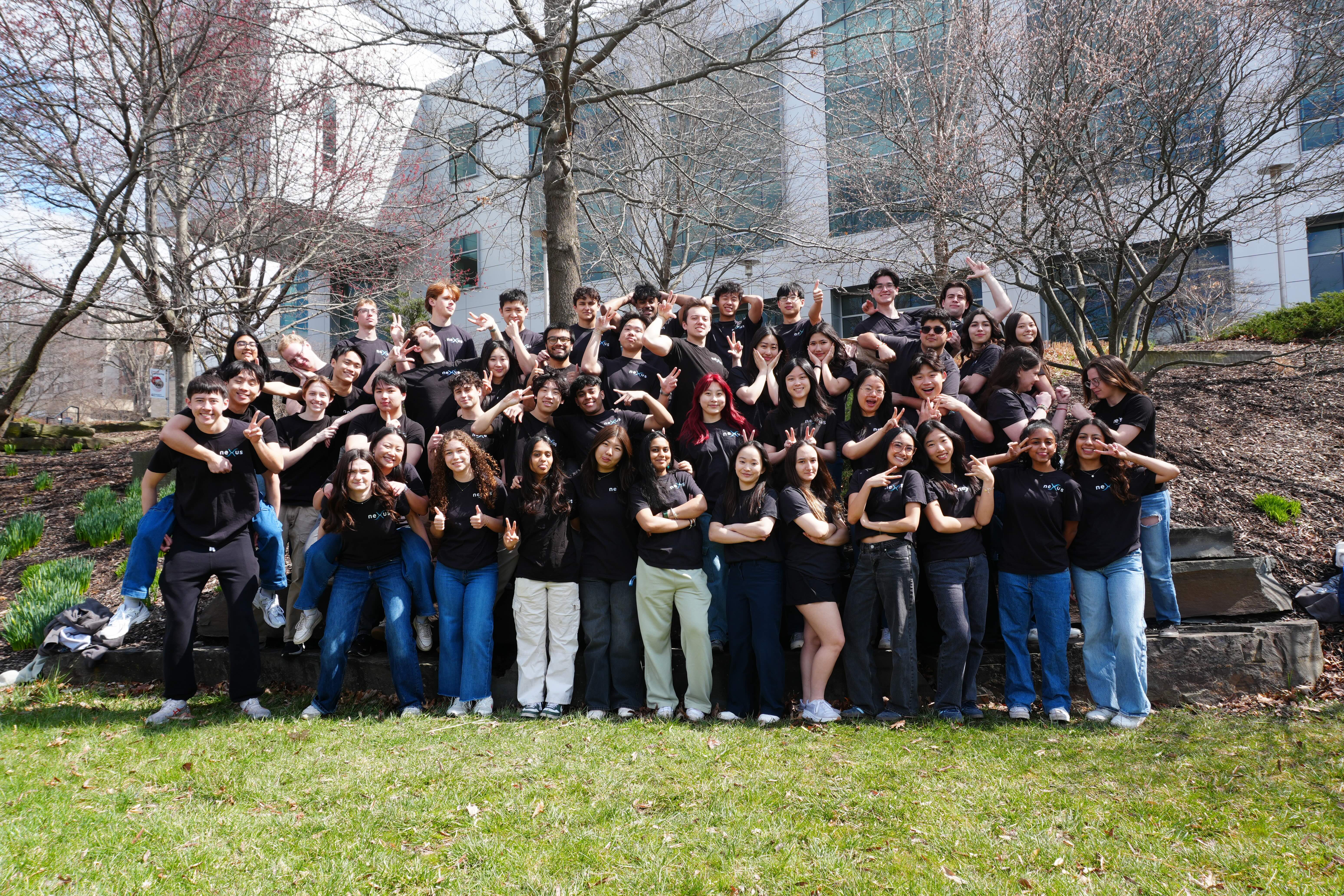Help Cornell Nexus Remove Microplastics From Your Beaches
Our mission
Our beaches are polluted; there are plastic bottles and pieces of trash scattered everywhere. This is only the portion of pollution we can see. In reality, there are 50 trillion pieces of microplastics contaminating the sand, oceans, rivers, and even our drinking water.
Cornell Nexus is a team of passionate, eager individuals ready to make an impact and ensure that we have a tomorrow. We aim to clean up microplastics from beach shores all the way to the depths of the ocean.
We are building an autonomous, solar-powered robot that will filter out microplastics from beach sand. In other words, a Roomba for the beach! As a team, we value ingenuity, learning, collaboration, and persistence. We are redefining the impact that Cornell students can make to solve the plastic pollution crisis.
Our team

Electrical
The Electrical Subteam is currently focused on advancing the rover’s autonomy and reliability, with several key projects expanding on last year's success. The team is developing an autonomous charging system that uses magnets on both the rover and the charging port to secure electrical connection. Power from solar panels is routed through wires and a charge controller, which regulates the incoming current before it passes through the magnetic contacts to charge the battery. This setup is designed to “snap” together magnetically, providing both functionality and ease of use. Beyond charging, the subteam is designing printed circuit boards to distribute power efficiently across the rover’s systems and developing a filtration board for the mechanical team’s filtration rig. Extensive testing is ongoing to ensure all new circuits operate correctly, with the end goal of fully rewiring the robot for improved performance and reliability.
Mechanical
The mechanical subteam is responsible for developing the physical mechanics and assemblies of the team’s autonomous beach terrain robot. The subteam is now focused on mounting all systems and making improvements to the first iteration of the robot while planning for the second iteration. The team has completed their first prototypes of the microplastic filtration mechanism and the intake system and is now mounting them to the rover. The drivetrain team is working to improve the longevity of the first prototype to ensure that the old rover can be used by the software subteam for testing in the future. Additionally, a design for the new chassis is being formulated based on the needs of each project and subteam.
Software
The software subteam is currently improving our robot’s motor control and computer vision. The motor control team is building and testing a PID controller algorithm to regulate the robot’s precision, enabling it to accelerate and decelerate during motion and correct itself, and minimize future errors. The computer vision team is building software to validate our RGB-D camera and convert images to location and depth data. This data will be used to update the driving logic and alter the robot’s path to avoid obstacles. These features will be tested and integrated into our robot using ROS to refine its traversal paths and environmental interactions.
Business
The business team works closely with all three technical subteams to keep operations running smoothly and support the team’s overall growth through effective logistics and coordination. Its wide-ranging responsibilities include forecasting and managing budgets, purchasing equipment for technical use, writing fundraising grants, and handling social media and marketing. The subteam plays a key role in maintaining the team’s long-term success and allowing the technical groups to focus on building and innovation. Last year, it earned a $2,500 award from the Cornell Engineering Alumni Association, a recognition of how much the team has grown in recent years.
 |  |
 |  |
Why donate?
Support for our team will allow us to get one step closer to fulfilling our mission of innovating for environmental sustainability. We have amassed a talented group of engineers and project managers who are passionate about our mission. Your generous donation will be going towards necessary materials to build out our robot and other logistical items necessary for the maintenance of a project team.
As a registered student organization, we are committed to equal access to all of our programs and do not discriminate based on any protected identity status.
$5
Turtle
$5 will allow us to buy small but crucial pieces of material such as fasteners, zip ties, wiring, and fuses.
$10
Penguin
$10 will allow us to purchase more substantial subparts, such as WiFi connectors, simple sensors, L brackets, and hinges.
$25
Seal
$25 will allow us to purchase items such as bearings, wire cutters, Raspberry Pi Fans, PCB printing requests, Hack Saws, etc.
$50
Dolphin
$50 will allow us to purchase items such as Raspberry Pis, Dremel parts, and other helpful resources, such as Machine Shop training for new members.
$100
Whale
$100 will allow us to purchase items such as Dremels, solar panels for our base station, powder coating, and printed metal part requests for our filtration and intake systems.
$200
Shark
$200 will allow us to purchase batteries, RGB-D cameras, LIDAR sensors, drivetrain motors, and drills/drill bits to help complete our project.
$500
Orca
$500 will allow us to purchase advanced sensors, custom parts (like an updated metal frame for our chassis), advanced software, and advanced motor controllers.







